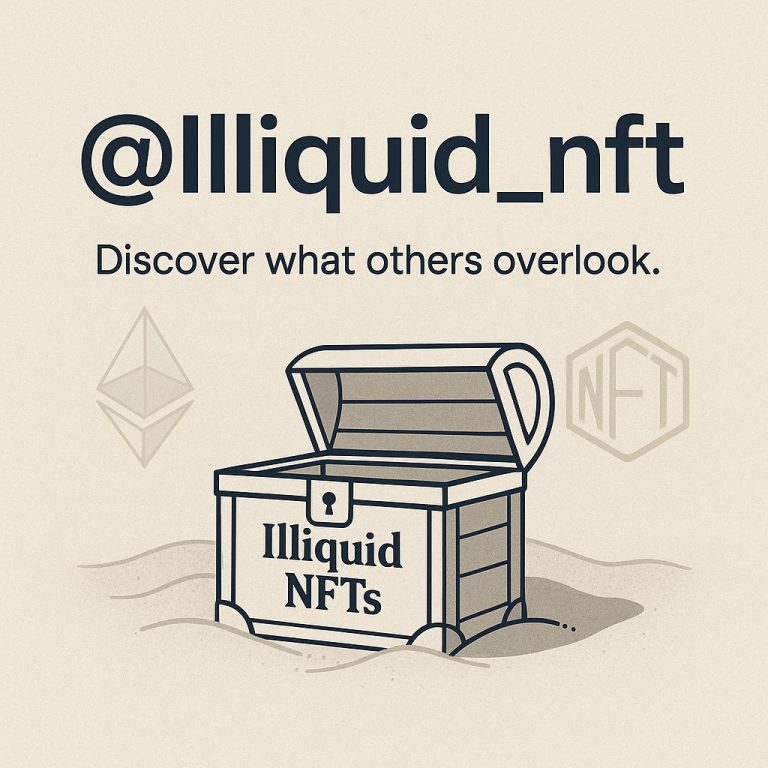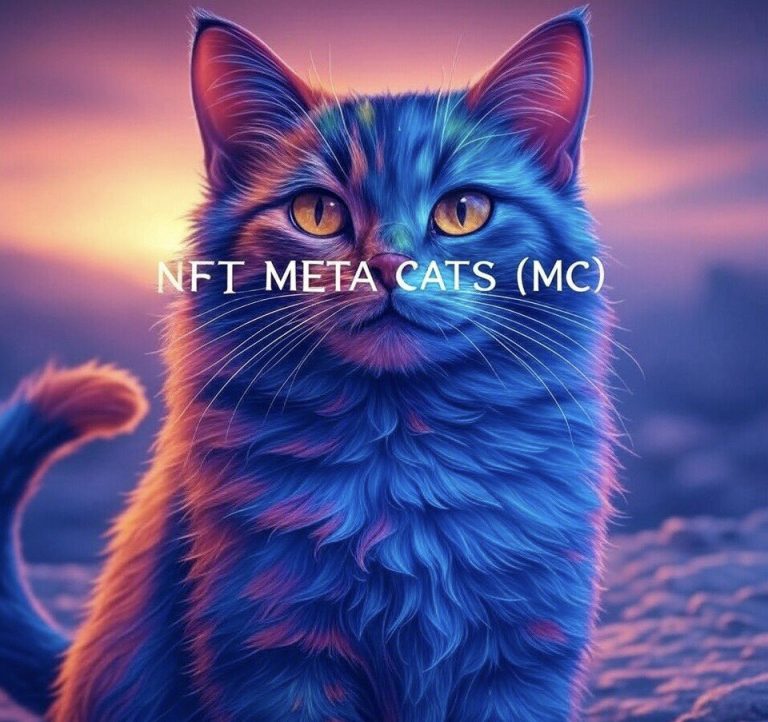
The Unraveling of Reservoir’s NFT Services
In the ever-evolving landscape of digital assets, the Non-Fungible Token (NFT) market has seen its fair share of triumphs and tribulations. One of the latest developments that has sent ripples through the community is the shutdown of Reservoir’s NFT services. This move has sparked a flurry of discussions and speculations. Let’s delve into the reasons behind this decision and its implications for the broader NFT ecosystem.
The Rise and Fall of NFTs
The NFT market has experienced a meteoric rise, with digital art, collectibles, and virtual real estate fetching astronomical prices. However, this boom has been accompanied by significant volatility and regulatory scrutiny. The hype around NFTs has led to a surge in new projects, but not all have survived the test of time. Reservoir’s decision to shut down its NFT services is a stark reminder of the challenges faced by companies in this space.
Understanding Reservoir’s Decision
Reservoir, a platform known for its innovative approach to NFT marketplaces, has decided to suspend its NFT services. This move comes amidst a backdrop of market saturation, regulatory pressures, and evolving consumer preferences. To understand the rationale behind this decision, it’s essential to examine the broader context of the NFT market.
Market Saturation
The NFT market has seen an influx of new projects, leading to intense competition. With thousands of NFT collections vying for attention, it has become increasingly difficult for platforms to stand out. Reservoir’s decision to shut down its NFT services could be a strategic move to focus on other areas of its business or to pivot towards more sustainable models.
Regulatory Pressures
The regulatory environment for NFTs is still in its infancy, with governments and financial institutions grappling to understand and regulate this new asset class. The lack of clear guidelines and the potential for future regulations could have influenced Reservoir’s decision. Compliance with evolving regulations can be costly and complex, making it a significant consideration for any company operating in this space.
Evolving Consumer Preferences
Consumer preferences in the NFT market are rapidly evolving. What was once a novelty has now become a mainstream investment option. As the market matures, consumers are becoming more discerning, seeking out projects with real-world utility and long-term value. Reservoir’s decision to shut down its NFT services could be a response to shifting consumer demands.
The Impact on the NFT Ecosystem
The shutdown of Reservoir’s NFT services will undoubtedly have ripple effects throughout the NFT ecosystem. For one, it highlights the challenges faced by companies in this space, serving as a cautionary tale for other platforms. It also underscores the need for innovation and adaptability in a rapidly changing market.
Innovation and Adaptability
The NFT market is in a constant state of flux, with new technologies and trends emerging regularly. Companies that can innovate and adapt to these changes are more likely to succeed. Reservoir’s decision to shut down its NFT services could be seen as a strategic pivot, allowing the company to focus on other areas of its business or to explore new opportunities.
Consumer Trust and Confidence
The shutdown of a prominent NFT platform can erode consumer trust and confidence in the broader market. However, it also presents an opportunity for other platforms to step in and fill the void. Companies that can build trust and provide value to consumers will be well-positioned to thrive in this competitive landscape.
The Future of NFTs
The future of NFTs is uncertain, but one thing is clear: the market will continue to evolve. As regulatory frameworks become more defined and consumer preferences shift, companies will need to adapt to stay relevant. The shutdown of Reservoir’s NFT services is a reminder of the challenges and opportunities that lie ahead.
Regulatory Clarity
As governments and financial institutions work to understand and regulate NFTs, regulatory clarity will become increasingly important. Companies that can navigate this complex landscape will be better positioned to succeed. The shutdown of Reservoir’s NFT services could be a precursor to more stringent regulations, making compliance a key consideration for any company operating in this space.
Consumer-Centric Innovation
The future of NFTs will be shaped by consumer preferences. Companies that can innovate and provide value to consumers will be well-positioned to thrive. The shutdown of Reservoir’s NFT services highlights the need for consumer-centric innovation, with a focus on real-world utility and long-term value.
Conclusion: A Call to Action
The shutdown of Reservoir’s NFT services is a stark reminder of the challenges faced by companies in this space. It also underscores the need for innovation, adaptability, and consumer-centric thinking. As the NFT market continues to evolve, companies will need to stay ahead of the curve to succeed. This is a call to action for all stakeholders in the NFT ecosystem to innovate, adapt, and build trust with consumers. The future of NFTs is uncertain, but one thing is clear: the market will continue to evolve, and those who can adapt will thrive.
Sources








